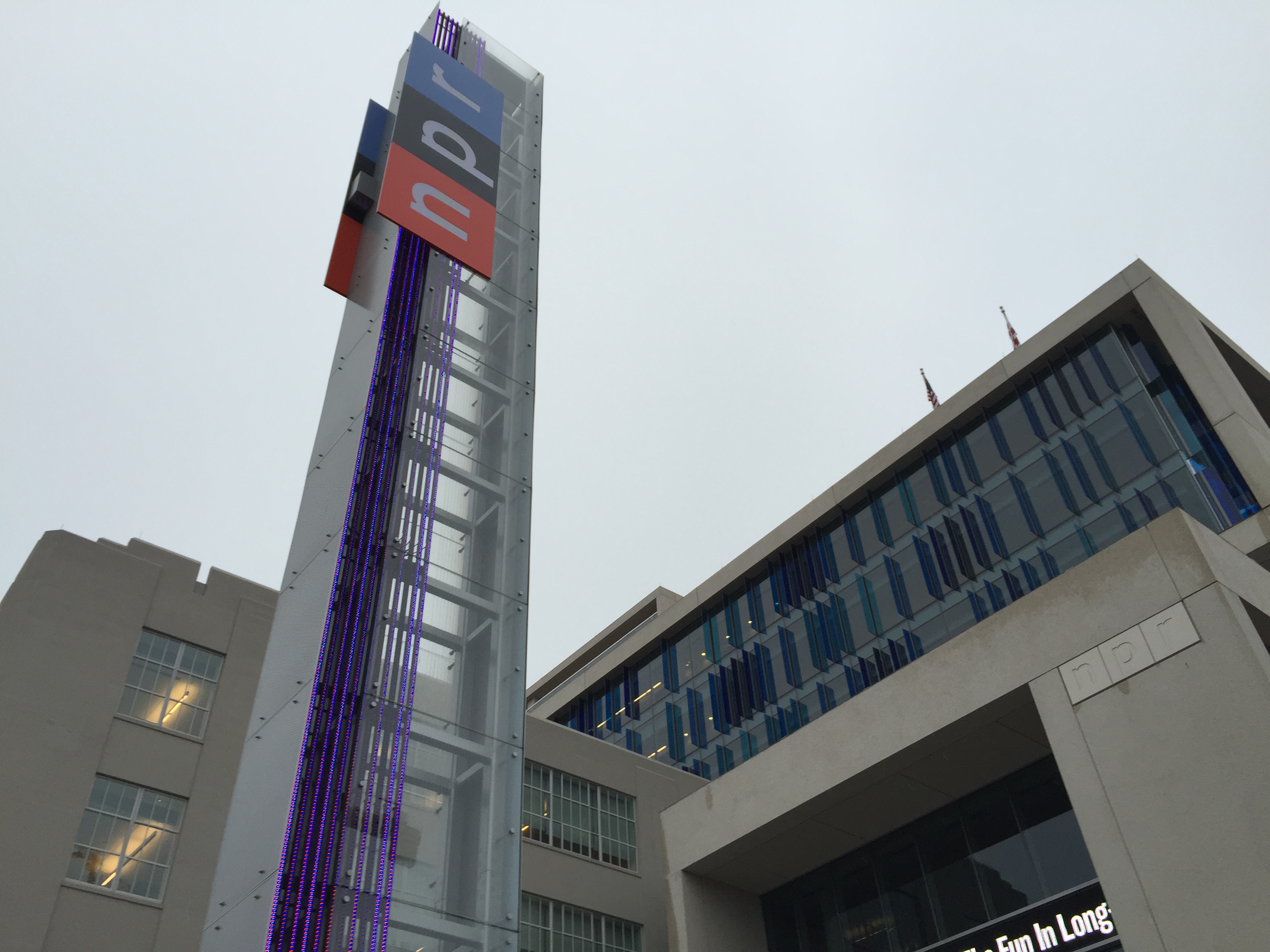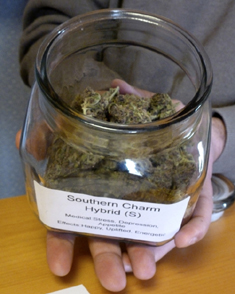Tag: KUOW
KPLU advisory board asks licensee to reconsider sale
The board hopes the university will consider other options, including community ownership.KPLU advisory board votes against sale
The board meeting gave staffers and community members a chance to voice their unhappiness about the sale.Deal in Washington expands KUOW’s reach, leaves KPLU staff in limbo
The deal was a long time coming, but when it finally arrived, it still took the staff of KPLU by surprise.KUOW licensee plans to buy rival KPLU
KPLU will change to an all-music format and get new call letters.Drop in younger listeners makes dent in NPR news audience
The trend could affect revenue for NPR and its member stations.KUOW, InvestigateWest experiment with micropayments
They’re among 10 Seattle news organizations looking to make it easier and faster for readers to pay for stories online.Invisibilia launches, makes public radio history
NPR says the new show is public radio’s biggest program launch ever.Pubcasters win four UNITY Awards for commitment to cultural diversity
Over half of this year’s RTDNA/UNITY Awards went to pubcasters, including a public TV station. WKAR-TV in East Lansing, Mich., won the ...Friday roundup: WSJ profiles dapper Nippers; PBS unveils fall schedule
Plus: A PBS Kids app helps parents track screen time, and a KUOW story keeps it clean when discussing cow parts.WNYC, Takeaway encourage stations to take it apart
Public radio’s The Takeaway has more than doubled its carriage since cancellation of NPR’s Talk of the Nation, and the show’s producers ...Uncertainty about marijuana’s status casts doubt on dispensary underwriting
Public radio stations are divided over whether to accept underwriting donations from what could be an up-and-coming source of income: marijuana dispensaries.Pubcasters capture 21 national Edward R. Murrow Awards
WLRN in Miami won large-market radio Murrows for feature reporting and use of sound. Chicago’s WBEZ also won for news documentary and ...Pubradio contenders dominate radio division of Sigma Delta Chi Awards
Public radio reporters took all nine awards for radio reporting in this year’s Sigma Delta Chi Awards, which recognize outstanding reporting on ...Pubcasters win total of 173 regional Murrow Awards
NPR stations won 82 large-market regional Murrow Awards, while small-market pubcasters captured 91. Among all stations, WLRN in Miami topped public radio’s regional ...KUOW’s Wayne Roth, co-founder of SRG, to retire in September
Wayne Roth, longtime station chief at Seattle’s KUOW-FM and a past recipient of CPB’s Murrow Award honoring outstanding contributions to public radio, ...







